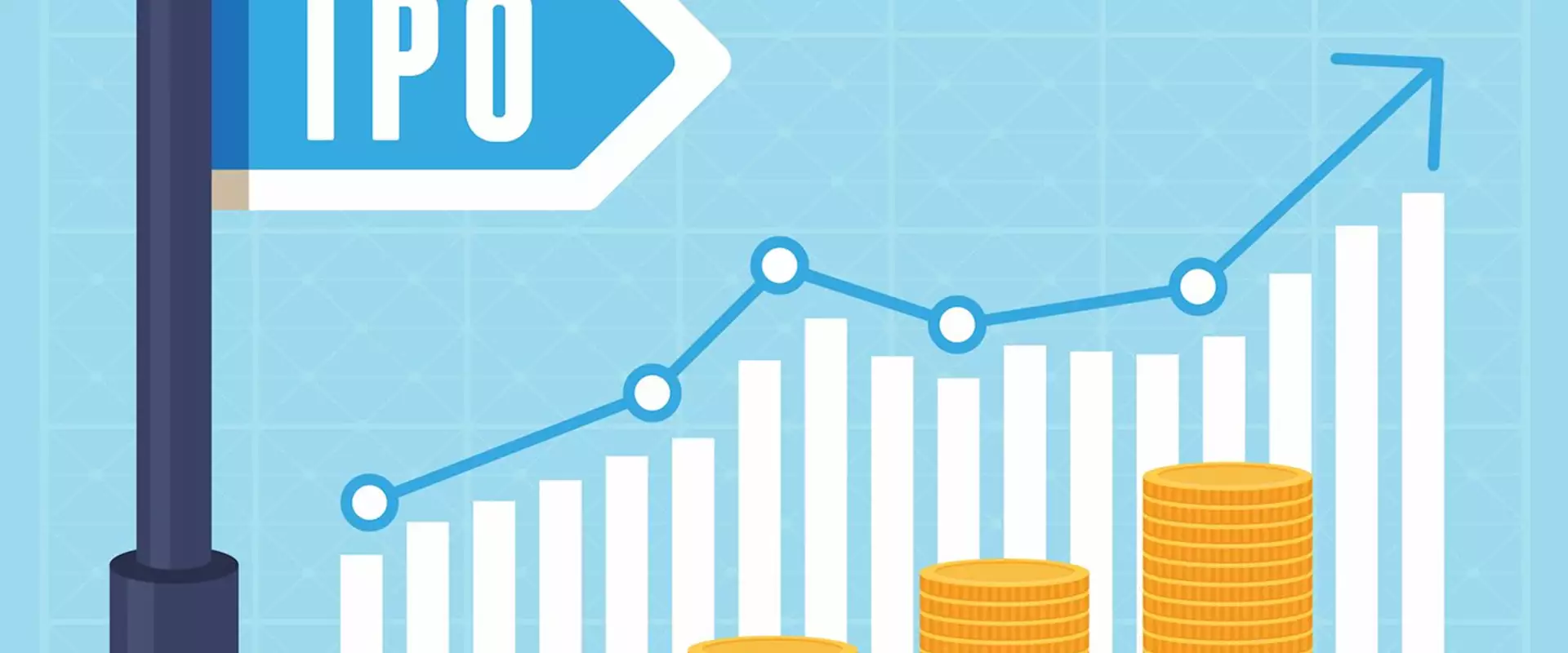Founders of small and medium-sized companies dream of taking their businesses public to attract more capital, but how can they avoid wild overvaluations in an overheated IPO market?
By Farah Khalique
When Mark Zuckerburg set up Facebook from his halls of residence in Harvard, he probably had no idea that he would wind up dominating social media and, eight years later, be taking his company public. He probably also had no idea that Facebook’s share price would then plummet and take more than a year to claw its way back to its Initial Public Offering level.
Demand for IPOs from equity investors reached fever pitch in January 2022 but, at the same time, newly floated stocks, particularly from technology companies, took a beating.
The FTSE Alternative Investment Market, which is home to many developing technology companies such as hygiene company Byotrol and oil-free water technology innovator, MyCelx, took a tumble as investors shunned risk.
The key to avoiding an IPO crash lies in resisting temptation, according to David Garrity, principal at GVA Research with over 20 years experience advising and managing technology companies.
One of the signs of an IPO boom is investors putting money into taking unprofitable
businesses public, in the expectation that they will turn a profit in time. It is tempting for growing businesses to tap into this investor exuberance while they can, and promise projected figures that will attract necessary investors and their cash. Garrity recommends exercising caution.
“Companies that don’t want to disappoint [investors] are best off focusing on more conservative measures which would arguably be [their] financial results showing higher revenues growth and, more importantly, revenue growth which is converted into profit growth,” he said.
Companies that promise investors they will become profitable must deliver within a set timeframe, or else expect a sharp fall in their share price. Investors also expect to see that money raised via an IPO is used to grow the business and not to line the pockets of inside investors or pay off old debts.
Companies that want to ensure their share price performs over the long-term are better off attracting institutional investors with deep pockets, instead of retail investors looking for an IPO investment, says Garrity. An institutional investor will buy more shares in the open market if the company performs well post-IPO, which will keep the share price buoyant, whereas a retail investor lacks the same resources.
There has never been a better time for growing businesses to consider capital markets, and there are advantages to an initial public offering, but it makes sense to tread carefully to ensure a healthy share price further down the road.
Farah Khalique is a freelance business and financial journalist, with a keen interest in writing about non-bank financing solutions that can help SMEs grow their business. She has written extensively about banking scandals and has made TV appearances on Sky News and The Wall Street Journal Live to comment on topical issues including money laundering and bankers’ bonuses. Follow her on Twitter @FarahKhalique


